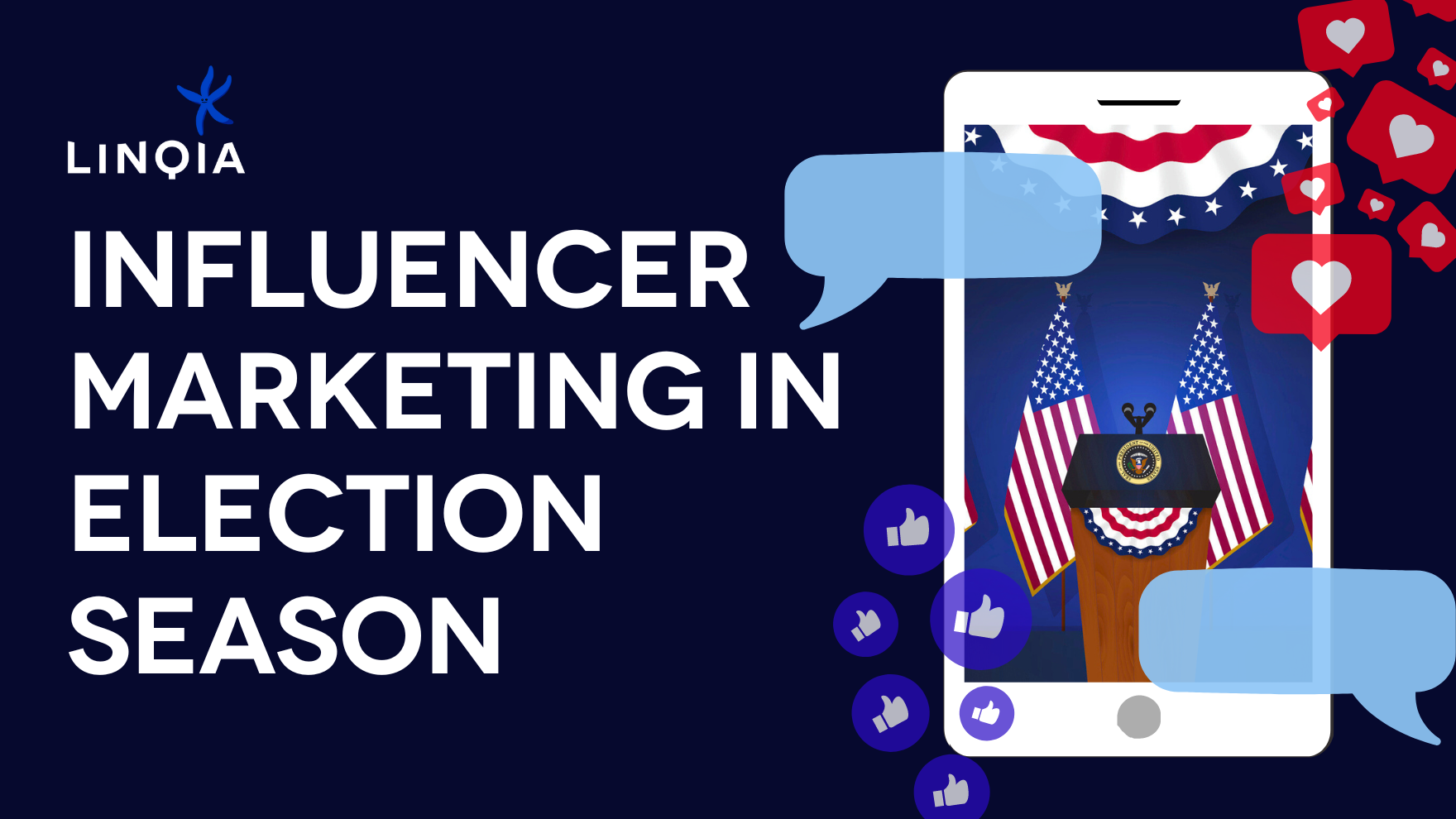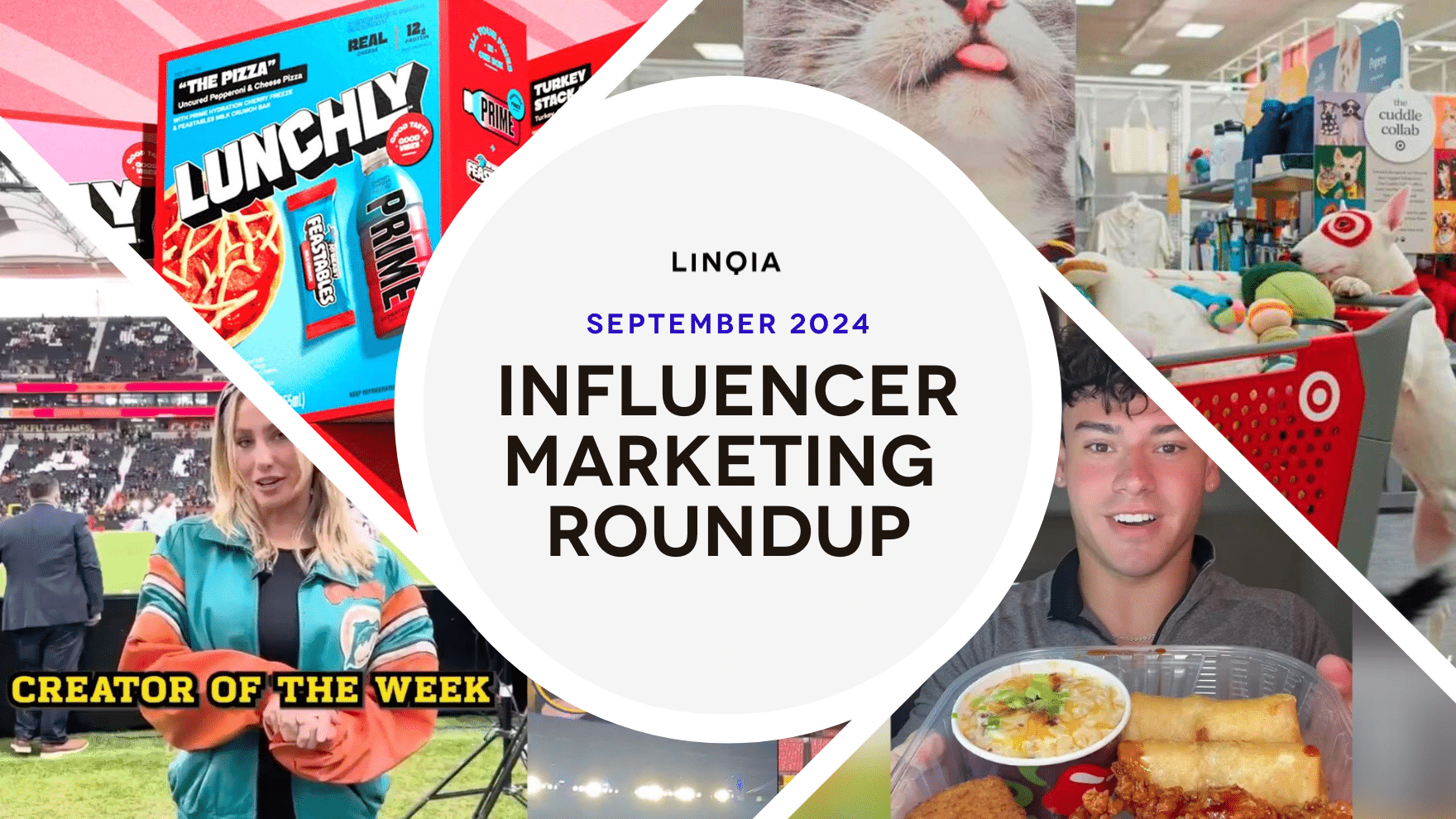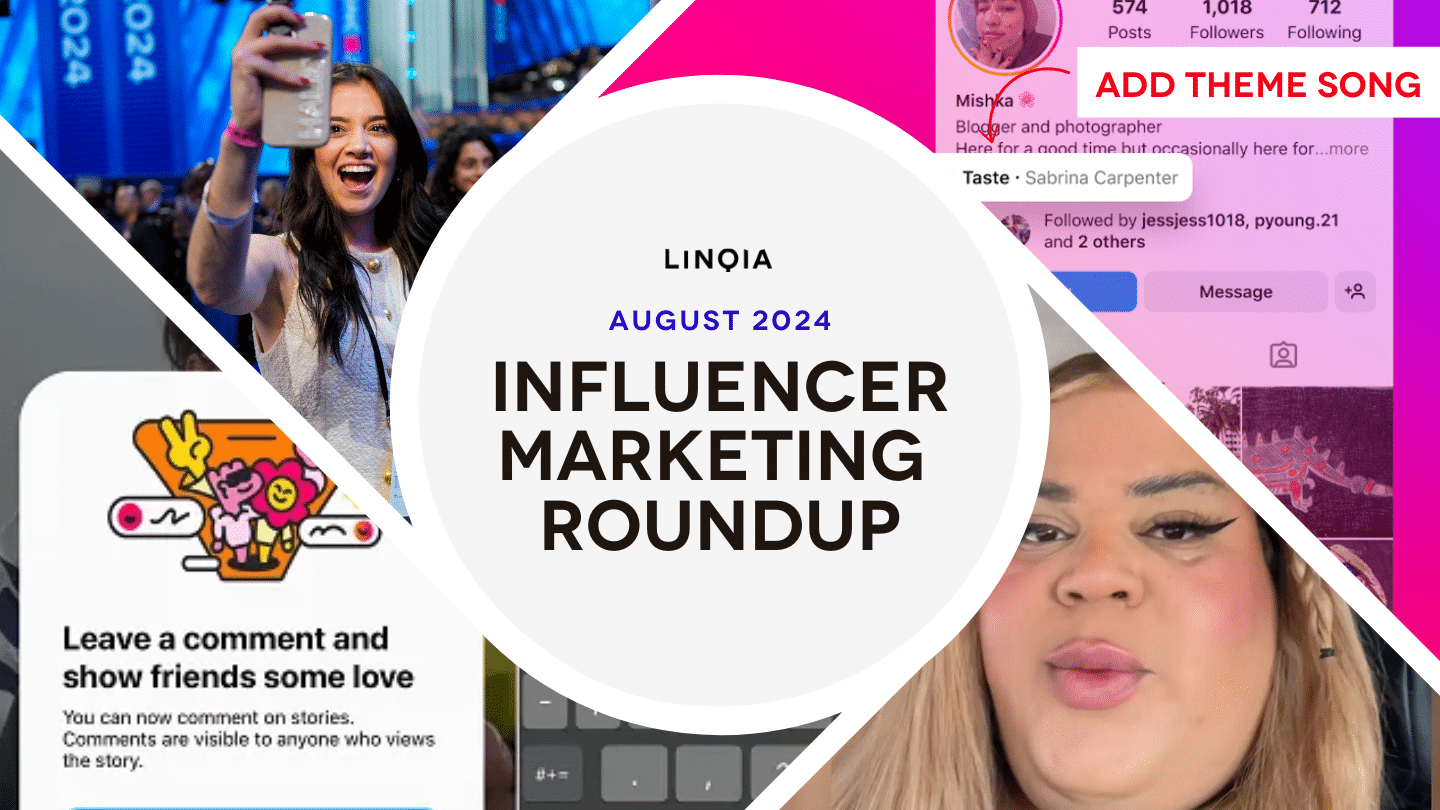If 2015 was the year that content marketing went mainstream, then 2016 will be the year that influencer marketing is taken seriously.
AdWeek has declared it the “next big thing,” and it seems the rest of the marketing industry agrees. Currently, over 75% of marketers are currently using influencer marketing in some form.
To add to this, budgets for influencer marketing are growing across many different brands. This could be due to relatively high value of earned media generated by influencers: RhythmOne recently reported that the average earned media value from US influencer marketing programs “was 1.4 times higher in the first half of 2015 than the overall average in full-year 2014, at $9.60 for every $1 spent, vs. $6.85 last year.”
Despite these indicators of success, there is still concern in the digital marketing industry about how much of these numbers are just “smoke and mirrors” and how much is real. It is time for influencer marketing to step up in accountability.
Influencer Marketing’s Biggest Problem
Gartner’s 2015 article, “Build an Influencer Social Marketing Program That Delivers Results,” noted that, “historically, it’s been hard to gauge the impact of influencer marketing, but digital marketing demands a tangible measure of program value.”
This call for tangible results is echoed elsewhere, Adobe noted that, “52% of marketers cite difficulties in accurately measuring ROI as their biggest source of frustration in social marketing.”
The reason for this?
Influencer marketing is inextricably tied to social media, and social media is evolving so quickly that the relevant metrics and methods of engagement can become obsolete before we can truly master our measurement and analysis of them.
Simply put, too much data and not enough time.
While most companies have obviously had marketing successes within social media (where most influencers live,) most of us are not sure how we achieved these results.
Social Media Examiner recently reported that 91% of marketers struggle to identify which of their tactics work best, “likely in response to the constant changes taking place across many social networks.”
The above report applies to all social media marketing, but this analysis-vs-time problem is even larger in influencer marketing, as most marketers underestimate how labor intensive it can be to just set up an influencer campaign, much less run and evaluate the results. To create an influencer campaign “from scratch,” a marketer must identify, evaluate, engage, negotiate with and generally manage influencers, and the more influencers used, the more time this will take.
According to a recent influencer marketing study by eConsultancy, 84% of influencer research is carried out by manually searching social media platforms and forums; and 73% of marketers spend the most amount of time identifying the right influencers to work with. This can be exacerbated by the constantly changing algorithms of social networks and the fact that every influencer is a person, making the act of managing your own influencer campaign akin to herding cats.
Unless you want to run a small influencer campaign, you should be prepared to spend a large chunk of your time just managing the process to ensure that you achieve the results that you’re looking for.
Don’t Go Alone
Which leads us back the biggest problem that companies investing in influencer marketing are going to face in 2016: the time-consuming challenges of managing influencers and the sheer volume of data to process makes it hard to get a clear, centralized view of campaign performance and prove ROI.
Good news: it is very possible to avoid these issues all together.
By partnering with a proven influencer marketing platform, you can conquer both the time management and ROI challenges of influencer marketing.
Your partner platform should be able to brainstorm and draft program concepts, identify and recommend the best influencers to reach your desired audience, recruit and negotiate influencer compensation, and help foster ongoing relationships with your influencers after the campaign has ended.
The best partners will also have built-in measurement and analytics to tie each program through to measurable results. Performance-based influencer marketing platforms like Linqia provide daily reports on concrete metrics like impressions, social shares, clicks and conversions, while using that information to provide you with data-backed recommendations for optimizing current and future campaigns.
If you are interested in learning more about performance-based influencer marketing, we would love to talk. Request to speak with one of our influencer marketing consultants today.




